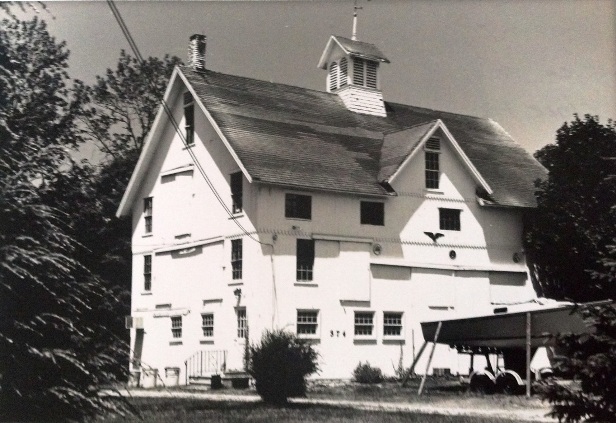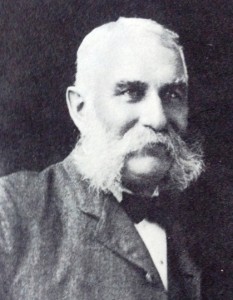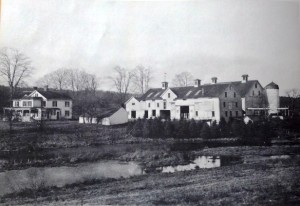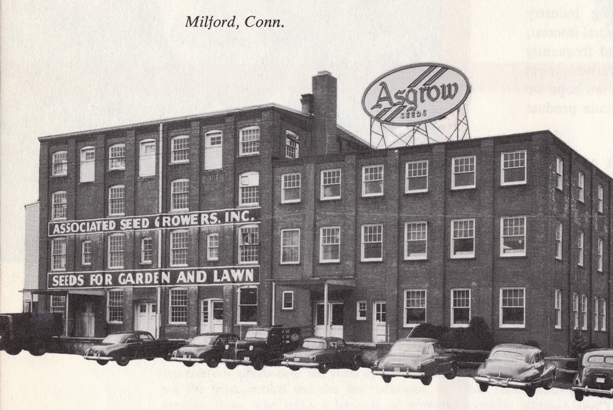The United States is one of the leading producers of agricultural products in the world. Ensuring the security and health of the country’s population, the abundance of food produced on American farms helped the nation achieve unprecedented gains in standards of living over the last two centuries. Healthy crops are impossible without resilient, high-quality seeds. The antecedents of many of today’s most widely utilized crop seeds can trace their lineage back to a small company started by the Clark family in Orange, Connecticut.
Everett Bryan Clark was a farmer until he decided to enter into the seed business in the mid-19th century—following the path of his father, Bryan, and uncle, Enoch. Shortly after beginning his operation, Everett put his career on hold to join the Union army and served in the Connecticut Volunteer infantry during the Civil War before being taken prisoner in Virginia during the Chancellorsville Campaign.
Resuming his seed career after the war, Clark moved his operation to an area in the modern-day town of Orange. In 1890, his sons joined him in the business under the name Everett B. Clark & Sons. Seven years later, upon its incorporation, the name officially changed to the Everett B. Clark Seed Company.
Everett B. Clark Seed Company Matures into Asgrow
The Clarks experienced a great deal of success in providing high-quality seed for corn, sweet peas, and beans to a still largely agricultural nation. By the end of the First World War, the Everett B. Clark Seed Company had facilities in Michigan, Wisconsin, Montana, Idaho, and Colorado, in addition to 800 acres of land in Orange.
Survival in the increasingly competitive seed business, however, meant forming partnerships to obtain larger and larger shares of the market. In 1927, the Clarks joined with competitors N. B. Keeney & Sons and the John H. Allan Seed Company to form the Associated Seed Growers, Inc., also known as Asgrow. The new company set up offices in New Haven and by 1957, accounted for 5 million acres of plantings in 18 states.
The mergers did not stop there, however. In 1957, Asgrow purchased the 79-year-old F. H. Woodruff & Sons seed company of Milford. Eleven years later, Asgrow became a part of the Upjohn Pharmaceutical Company as part of Upjohn’s plan to diversify its business. That same year, Asgrow purchased United-Hagie Hybrids, Inc., of Des Moines, Iowa. Today, Asgrow is a leader in soybean research and one of the largest brands of sunflower, corn, alfalfa, and canola seed sold by the Monsanto corporation.












